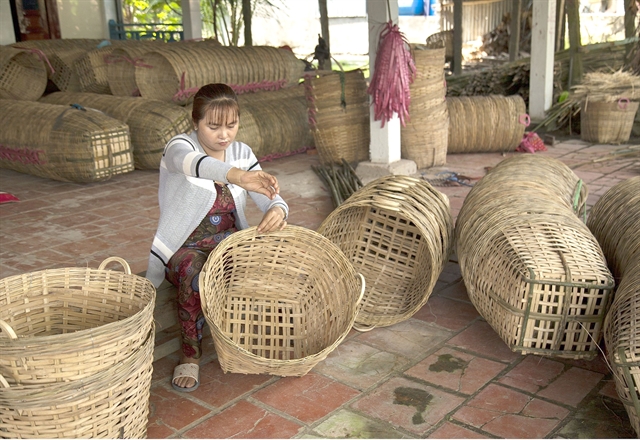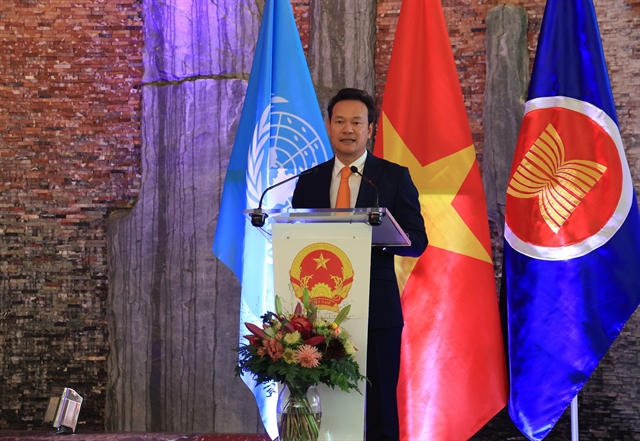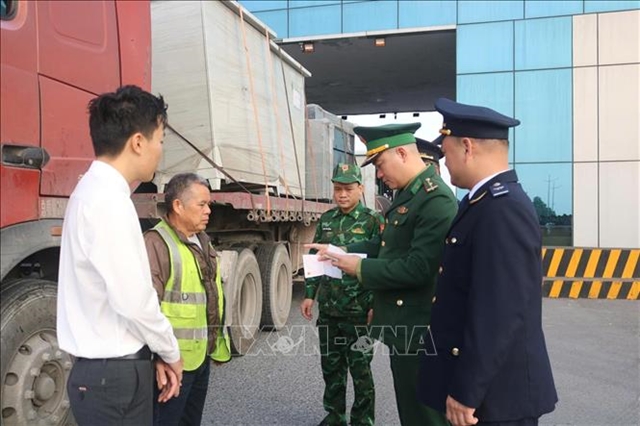 Society
Society

The Cửu Long (Mekong) Delta province of Kiên Giang plans to provide vocational training to 27,000 workers in rural areas this decade.

|
| Weaving bamboo baskets in Kiên Giang Province’s Tân Hiệp District. The province plans to provide vocational training to 27,000 rural people in the next 10 years. — VNA/VNS Photo Hồng Đạt |
KIÊN GIANG — The Cửu Long (Mekong) Delta province of Kiên Giang plans to provide vocational training to 27,000 workers in rural areas this decade.
The programme is meant to help achieve its target of training 75 per cent of its workforce by 2025 and ensuring 80 per cent of trained workers work in relevant fields.
The province will prioritise areas in which farmers link up with companies to sell their produce, under the agricultural restructuring and the national one commune – one product (OCOP) programme, according to its Department of Agriculture and Rural Development.
It will also focus on training members of co-operatives, workers who use advanced farming techniques, those in sectors key to various regions, and people seeking to go abroad as guest workers.
In the Long Xuyên Quadrangle, it will train people in seafood processing, aquaculture, fishing, cropping, animal husbandry and repair of boats and other marine equipment.
To the west of the Hậu River, the focus will be on seafood processing, poultry and animal husbandry, fruit and high-quality rice cultivation, and industries in the Thạnh Lộc and Tắc Cậu Fishing Port industrial parks in Châu Thành District and the Vĩnh Hoà Hưng Nam Industrial Cluster in Gò Quao District.
In the U Minh Thượng region, the emphasis will be on skills related to fishing ports and logistics services, cultivation of rice and fruits, aquaculture, animal husbandry, and rice – shrimp, rice – crab, rice – fish, and aquatic species – forest farming models.
In the province’s island and coastal areas, the training will focus on aquaculture, fishing, cropping, and animal husbandry.
The department and local authorities will review the demand for vocational skills in agriculture and the building of new-style rural areas to provide suitable training.
The Department of Labour, Invalids and Social Affairs and local authorities will review the demand for skills in non - agricultural sectors like industry and tourism to provide training.
The province will also help people find jobs after training and provide soft loans for them to carry on agriculture or business.
It plans to solicit investment in agriculture and rural development and continue investing in industrial parks and industrial clusters to create jobs. — VNS




